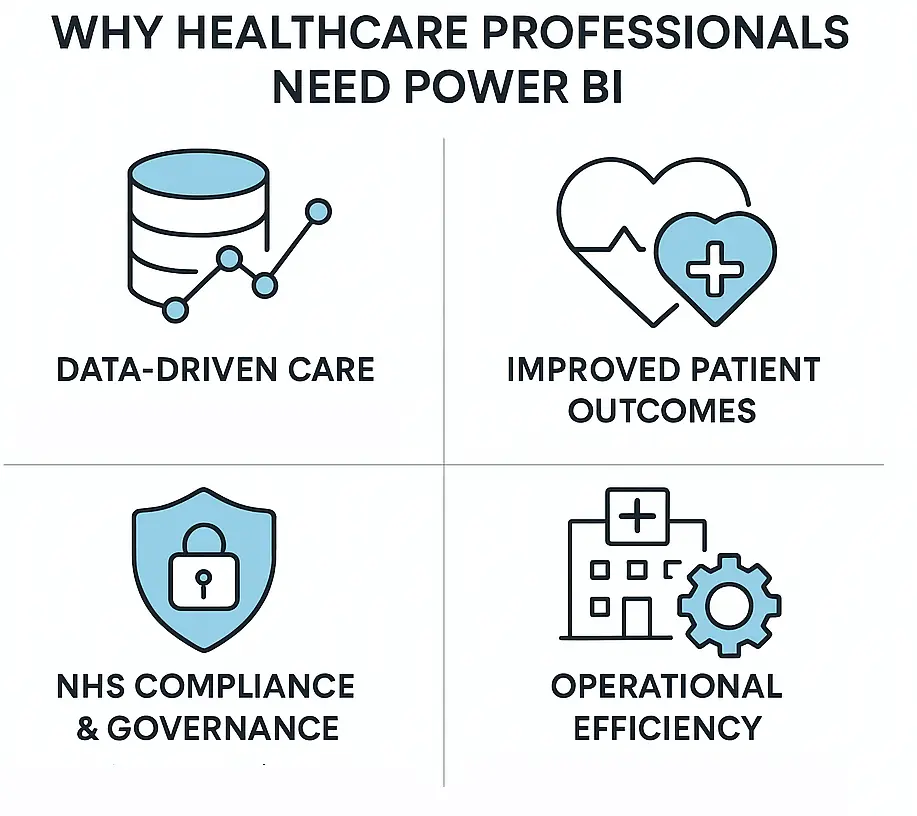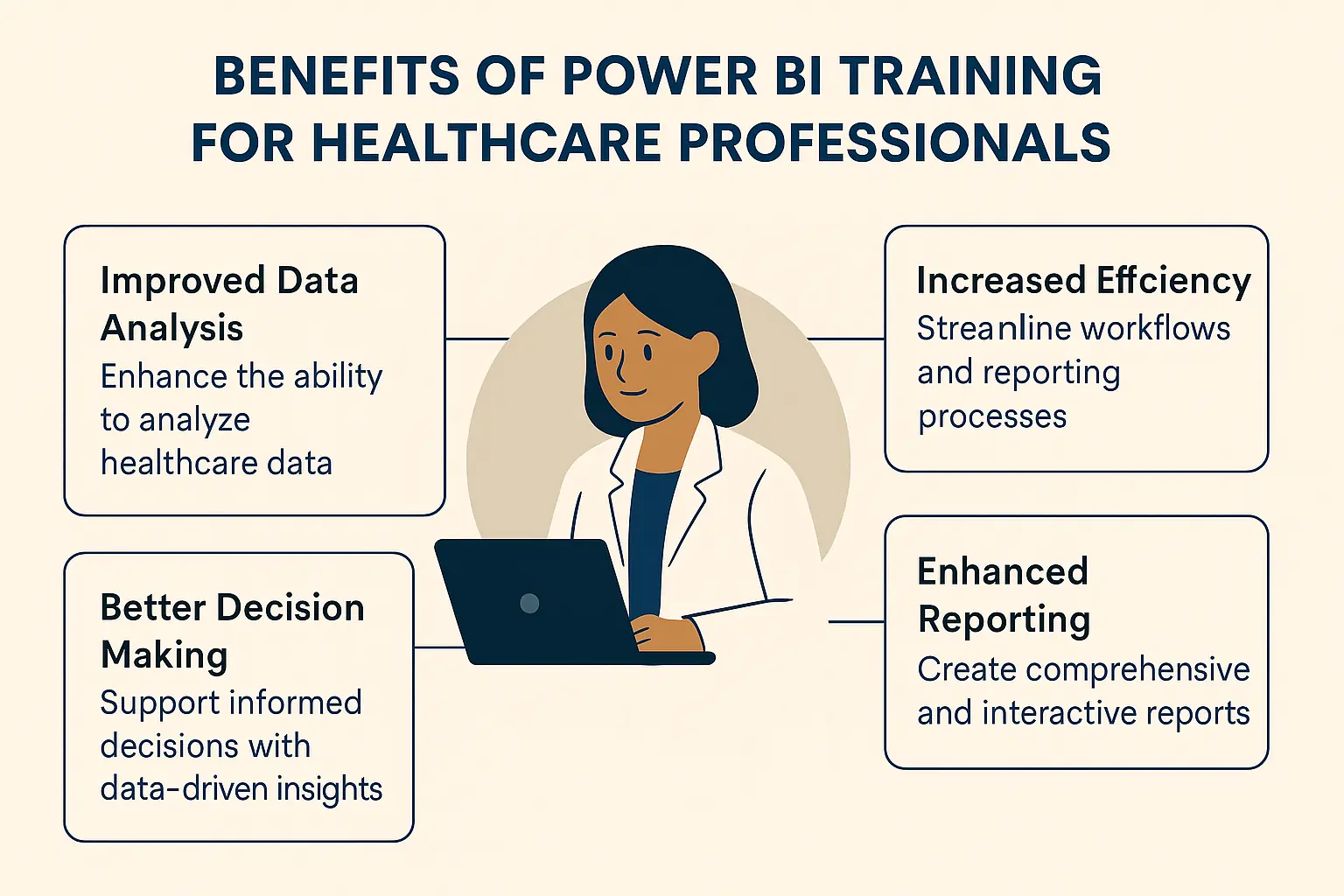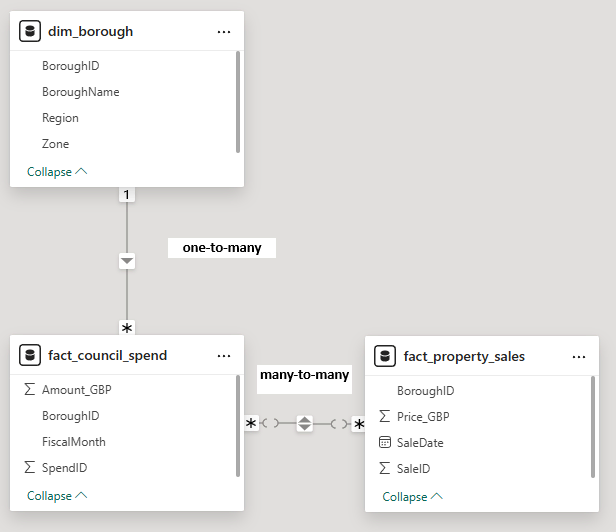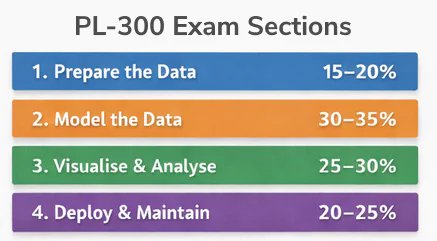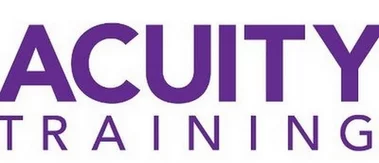
Power BI Training for Healthcare Professionals in London
Contents
- 1 Why Healthcare Professionals Need Power BI
- 2 What Makes Healthcare Power BI Training Different?
- 3 What You’ll Learn in a Healthcare Power BI Course
- 4 Power BI Training Options in London
- 5 How to Choose the Best Power BI Course for Healthcare
- 6 How Acuity Training Delivers Power BI Success in Healthcare
- 7 Frequently Asked Questions
- 8 Next Steps: Enrol in a Power BI Healthcare Course
Healthcare professionals in London are under more pressure than ever to make decisions based on data.
From monitoring patient outcomes to optimising hospital resources, Microsoft Power BI has become a vital tool in the NHS and wider healthcare sector.
This guide explains why Power BI matters for healthcare, what to expect from a tailored training course in London, and how to choose the best provider.
Why Healthcare Professionals Need Power BI
Healthcare professionals increasingly need Power BI because it enables truly data-driven care, turning raw healthcare data such as electronic health records, patient activity data, and clinical audit results into clear, interactive dashboards. This visibility allows both clinicians and administrators to monitor performance indicators that directly affect patient outcomes, including readmission rates, waiting times, and treatment effectiveness. With timely access to these insights, decision-makers can identify issues earlier and take corrective action faster. Power BI also supports the operational side of healthcare, helping hospital and service managers optimise staffing levels, manage bed capacity more effectively, and allocate resources where they are needed most. Just as importantly, properly structured training ensures that teams understand how to work with sensitive patient data securely and responsibly, supporting compliance with GDPR requirements and NHS data governance standards.
-
Data-driven care: Power BI turns raw healthcare data (EHR, patient records, clinical audits) into interactive dashboards.
-
Improved patient outcomes: Clinicians and administrators can monitor KPIs such as readmission rates, waiting times, and treatment effectiveness.
-
NHS compliance & governance: Properly structured training ensures healthcare teams handle sensitive patient data securely, in line with GDPR and NHS Digital standards.
-
Operational efficiency: Hospital managers can use Power BI to optimise staffing, bed management, and resource allocation.
What Makes Healthcare Power BI Training Different?
What sets healthcare Power BI training apart from general courses is its focus on the realities of the sector.
Rather than using generic business examples, healthcare-specific training is built around anonymised datasets that mirror NHS systems, making the learning immediately relevant. The metrics covered matter most in clinical and operational contexts, such as length of stay, patient flow, and readmission risk, rather than commercial KPIs. There is also a much stronger emphasis on compliance, governance, and safe information sharing. Finally, healthcare Power BI training is often designed for interdisciplinary audiences, bringing together clinical staff, administrators, and IT professionals so they can collaborate more effectively around shared data and insights.
When we train healthcare teams, we often see a big gap between clinical staff and administrators.
Clinicians want dashboards that highlight patient outcomes and treatment effectiveness, while administrators need insights into waiting times, staffing, and resource allocation.
By tailoring Power BI training to each role, we help hospitals achieve faster adoption:
And ensure everyone is using the same data to make better decisions.
What You’ll Learn in a Healthcare Power BI Course
A typical healthcare-focused Power BI training programme covers:
-
Data Connection & Preparation
-
Importing healthcare data (Excel, SQL, EHR systems).
-
Cleaning and transforming datasets with Power Query.
-
-
Data Modelling
-
Building relationships between clinical and operational data.
-
Creating calculated fields using DAX.
-
-
Dashboard & Report Design
-
Designing dashboards for healthcare KPIs.
-
Visualising patient flow, clinical outcomes, and operational performance.
-
-
Governance & Security
-
Managing access rights for clinical vs. admin users.
-
Ensuring compliance with NHS Digital and GDPR standards.
-
-
Advanced Analytics
-
Predictive modelling for readmission risk.
-
Integration with R or Python for statistical analysis.
-
Power BI Training Options in London
Healthcare professionals in London can choose from several learning formats:
-
In-person classroom training – Ideal for teams wanting hands-on, instructor-led learning.
-
On-site corporate training – Courses delivered within NHS Trusts, clinics, or hospitals.
-
Virtual classrooms – Live, interactive training delivered online.
-
Blended learning – Combining self-paced study with instructor support.
How to Choose the Best Power BI Course for Healthcare
When comparing Power BI courses in London, consider:
-
Healthcare-specific content – Does the provider use relevant healthcare data and examples?
-
Trainer expertise – Are instructors experienced in both Power BI and healthcare analytics?
-
Class size – Smaller groups allow more hands-on support.
-
Certification – CPD accreditation or Microsoft certification pathways (e.g. PL-300).
-
Support & resources – Access to after-course support, templates, or mentoring.
How Acuity Training Delivers Power BI Success in Healthcare
At Acuity Training, we understand the unique pressures facing healthcare professionals – from safeguarding patient data to delivering faster, evidence-based decisions.
That’s why our Power BI programmes for the NHS and healthcare providers are built around real-world clinical and operational use cases, not generic business examples.
We design training around your roles: clinicians focus on patient outcomes, administrators learn to optimise resources, and analysts master advanced modelling.
With over 20 years’ corporate training experience and a strong track record in healthcare:
We ensure your teams gain the confidence to turn data into better patient care, improved efficiency, and full compliance with NHS Digital and GDPR standards.
Frequently Asked Questions
Do I need technical experience to take this course?
No. Healthcare Power BI courses are designed for clinicians, administrators, and analysts. No coding experience is required.
How long is the training?
Most intensive courses run for 2–3 days. Shorter workshops and longer blended options are also available.
Will I earn certification?
Some providers offer CPD certificates or prepare you for the Microsoft Certified Data Analyst (PL-300) exam.
Is it relevant for the NHS?
Yes. Courses focus on NHS use cases and compliance requirements.
Next Steps: Enrol in a Power BI Healthcare Course
Power BI training is an investment in both professional development and better patient outcomes.
If you’re a healthcare professional in London looking to harness the power of data, the right training will give you the skills to build meaningful dashboards, ensure compliance, and drive decision-making.
Enquire today about our Power BI Healthcare Training in London to book your place or request a tailored corporate package for your organisation.
- Facebook: https://www.facebook.com/profile.php?id=100066814899655
- X (Twitter): https://twitter.com/AcuityTraining
- LinkedIn: https://www.linkedin.com/company/acuity-training/
